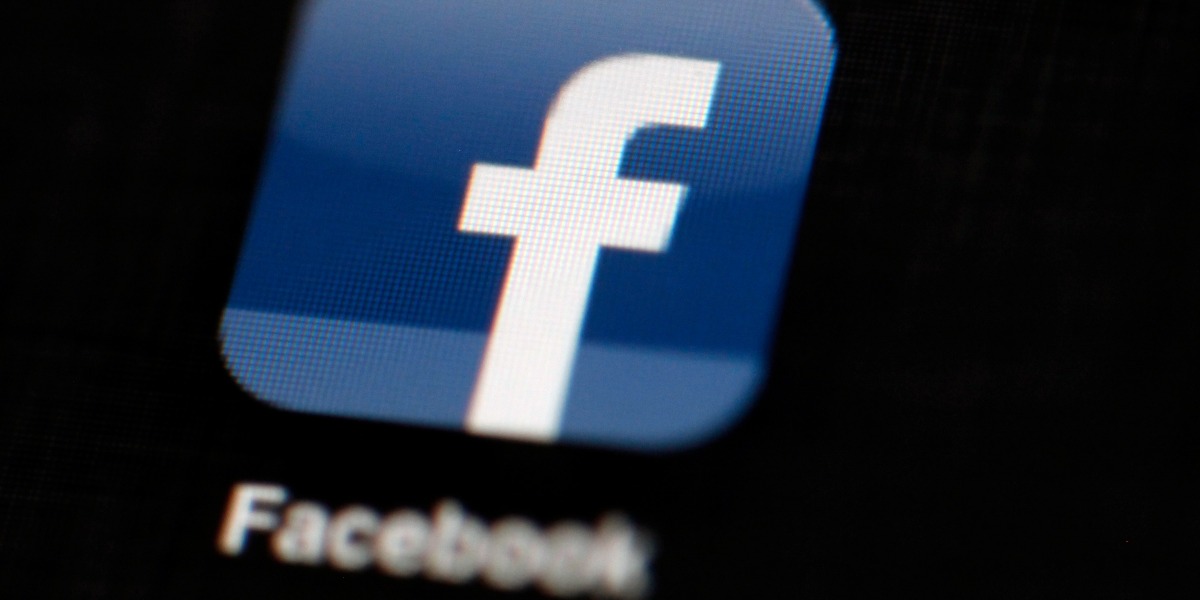Over 10 months since the inauguration of President Trump, it appears that the term “fake news” has earned a permanent spot in our vernacular.
Videos by Rare
What started as a description of mostly parody news sites has morphed into bludgeon for Trump to wield against CNN and the rest of the mainstream media. Since then, it’s been a laugh line on the comedy show “Rick and Morty,” the basis for a new class at some Italian schools, and — as of Tuesday — the topic of high-stakes hearings on Capitol Hill.
Lawyers from Facebook, Twitter, and Google appeared before the Senate Judiciary Subcommittee on Crime and Terrorism on Tuesday to talk about something truly spooky: Russian meddling in the 2016 election.
RELATED: Is Facebook anti-Trump? The president speaks out against the social media giant
In a report released shortly before the hearings began, Facebook admitted that in the lead-up to last year’s election, 126 million Americans were exposed to election-related content generated by a group linked to the Russian government. To put that number in perspective, the total number of votes cast for president in 2016 was 136.7 million.
Whether this Russian interference cost Hillary Clinton the election is not a question for this article, but the interference did happen. At this point, that is an indisputable fact. What’s in question is how we should respond to it.
The bipartisan Honest Ads Act, which was introduced earlier in October and would subject social media ads to the same transparency requirements as those on TV and radio, could be a good start.
I’m all for social media advertising reform. Even libertarians agree that sensible regulations need to be updated as technology advances. Unfortunately, ads are only a fraction of the problem. As I’ve written before, Russian groups spent about $100,000 dollars on Facebook ads for the 2016 election, enough to buy 5,000 votes or so, but not nearly enough to swing the election. About 11.4 million people saw these ads. The content they spent no money on, reached over 10 times as many people, who either saw the original post or had it shared to their timeline by a Facebook friend.
When these fake news stories are reaching 40 percent of the U.S. population, it’s time for us to do something to stop it. These Russian trolls may have studied “House of Cards” to understand our politics, but we can’t let them turn our politics into “House of Cards.”
RELATED: Facebook gives data on allegedly Russian-bought political ads to Special Counsel Mueller
Of course, there’s always free speech to consider. Cracking down on ads is not without its pitfalls, but addressing the more serious issue of organic fake news content is far more dangerous. At the beginning of October, a controversial German law imposing multi-million Euro fines on social media platforms that fail to delete fake news and hate speech posts went into effect.
As I argued in April when German Chancellor Angela Merkel’s cabinet first approved the draft bill, this law creates a prejudice against free speech for those Facebook and Twitter employees charged with policing content, a process already governed by a highly vague set of policies. In a situation where deleting a questionable post costs the company nothing, while failing to delete it could result in a $53 million fine, “content moderators” will be incentivized to terminate with extreme prejudice.
The desire to protect American democracy from foreign subversion is a noble one, and those claiming that requiring transparency in social media advertising does not go nearly far enough may have a point. They should, however, be careful that in attempting to kick Russian trolls off of Facebook, they don’t also ruin the largest free speech platform in history.
[anvplayer video=”4044067″]



